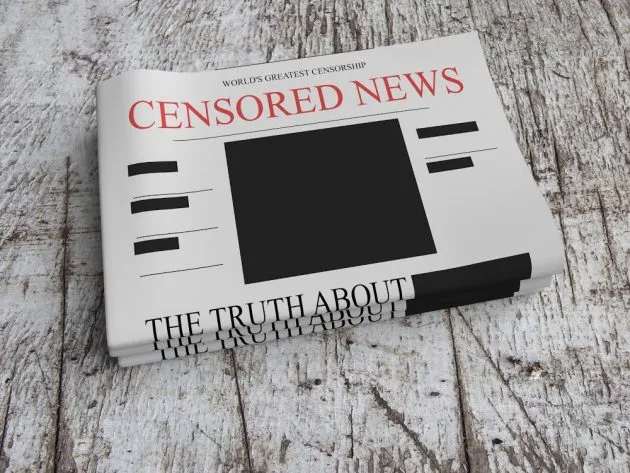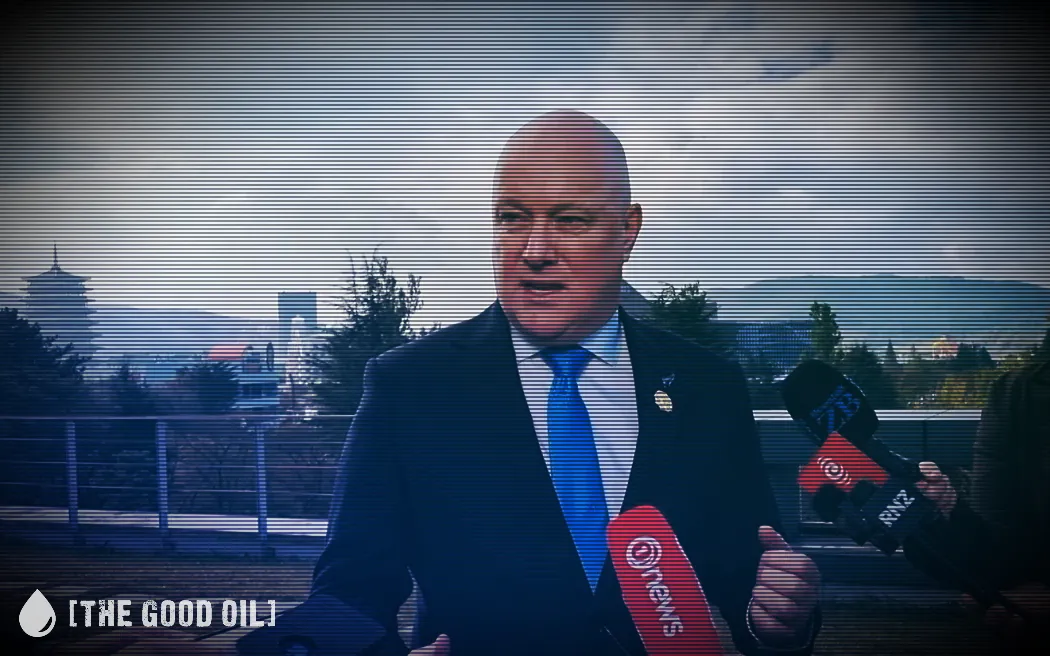Table of Contents
New Zealand’s political and economic events of the last eight days have been the biggest seen in our lifetime.
Among the decisions taken on what businesses can and cannot operate, the Ministry of Culture and Heritage has decided what publications can and cannot publish for the duration of the lock-down.
In short, while broadcast media and daily newspapers like the NZ Herald can operate, all other printed media has been shut down. This means community newspapers, ethnic newspapers, and current event magazines are banned from going to print.
In essence, the Government is saying that daily ‘news’ and entertainment is okay, but periodicals and ‘views’ are not.
In an emergency, freedom of speech doesn’t stop being important. It becomes more important.
The media play an essential role in society, and this extends beyond the daily media. Some of the best investigative reporting can be done by non-daily media.
These magazines are functionally no different to the likes of music radio or entertainment television, which are allowed to continue broadcasting.
The role of the media is not just to disseminate news. It is to hold the Government to account. It is to scrutinise. And while daily media do this also, they are often so caught up in the day to day, you need non-daily media and investigative long-form journalism.
Ethnic media reach audiences that the daily press does not. Similarly, in smaller or aged communities where online access is limited, local information is absolutely essential.
Weekly and monthly publications like North and South and the Listener serve a vital role in the community’s conscience and holding our leaders to account. They’ve had to shut up shop.
Assuming these smaller publications can take the same distance and health measures as the ones currently publishing, we say there is no justification in shutting them down.
Even at a time of emergency, no civilised society can justify the Government deciding what parts of the media are important and not important.
Holding leaders to account – and public debate on the measures being taken — is more important right now than ever.
Even during New Zealand’s times of war censorship, the Government didn’t choose who could print and who couldn’t.
Judicial review proceedings?
Over the last few days, we’ve been contacted by a number of publishers across the country. They are urging us to consider a judicial review of the Government’s decision. No High Court is going to uphold a bureaucrat deciding what media can and cannot operate — especially when the bureaucrat’s decision was done without any consultation.
But we need to hear what you think. Is this an effort to put resource and time into? Should we go to Court to force the Government to rethink this?
If you enjoyed this BFD article please consider sharing it with your friends.









